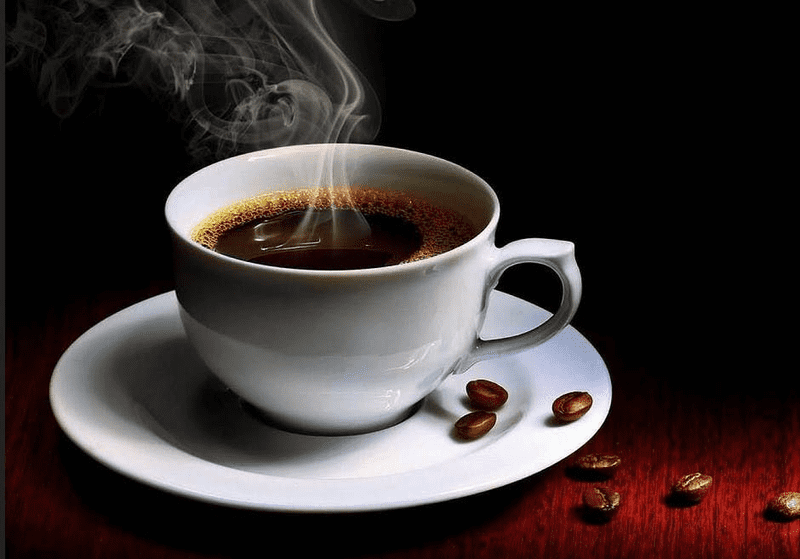For years, coffee and marijuana have gone together like Bonnie and Clyde. Cannabis aficionados around the world have enjoyed sitting down for a nice drag and a cup of joe at the same time -- believing that one would inevitably enhance the other. So what's the connection between these two things? Does drinking coffee actually enhance the effects of a cannabis high?
Caffeine and the Brain
Caffeine is the most popular drug in the world. Currently, 85 percent of the U.S. population drinks a caffeinated beverage, such as tea, soda or coffee, every day. Found in everything from black coffee to root beer, caffeine is virtually everywhere. What's more, people have been using the powerful stimulant for hundreds of years to combat afternoon crashes and make waking up a little easier.
Contrary to what most people think, though, coffee doesn't actually provide energy. Instead, the chemicals found in coffee simply block receptors in the human brain from being affected by adenosine, the chemical that makes us feel tired. In this way, coffee gives the people who love it the strength to power through the day.
Cannabis and the Brain
Cannabis contains a complex system of cannabinoids, chemical compounds produced by the cannabis flower that offer a wide array of medicinal uses. One of the most well-known cannabinoids goes by the name of tetrahydrocannabinol, or THC. THC is a psychoactive compound that bears a close resemblance to anandamide, which is a naturally occurring transmitter in the human brain. When cannabis is consumed, it interrupts the brain's normal neural process to streamline thought and enhance creativity.
The Monkey Study
In a 2011 study conducted by a branch of the National Institutes of Health known as the Integrative Neurobiology Section of the National Institute on Drug Abuse, squirrel monkeys were granted free access to a lever that would give them a hit of THC when pulled. They were also given access to a lever that dispensed MSX-3, a powerful form of caffeine. At first, the monkeys in the study mixed and matched THC with the MSX-3. As the study progressed, however, researchers noticed that the monkeys were using the THC lever less and less as their concentrations of MSX-3 went up. In light of this, researchers concluded that higher levels of caffeine in the body interacted with THC in a way that allowed monkeys to consume less THC while still enjoying the same effect.
In addition to validating the connection between coffee and cannabis that aficionados have known about for years, the study also found that when the monkeys consumed large amounts of caffeine in concert with high concentrations of THC, they experienced more addictive symptoms, making it more difficult for them to quit THC. While this data is limited to findings from animal studies, it's possible that this addictive behavior may be present in humans as well.
The Outcome
Currently, the monkey study is currently the best body of data scientists have surrounding the topic of caffeine and cannabis. From it, researchers deduced that while the chemicals in caffeine don't actually interact with THC to improve a cannabis high, they can prolong it.
When consumed together, coffee supplements the effect cannabis has on the brain, thus prolonging the chemical high produced by the psychoactive compounds contained in cannabis. Because cannabis and caffeine both trigger the reward centers of the brain, consuming them in concert can be a very pleasant experience. Cannabis users should be aware, however, that while marijuana addiction is very rare, it's possible that maintaining a heavy caffeine-and-cannabis routine can make it harder to put cannabis aside down the road.
As a side note. Some people are predicting that the marijuana market in the US will reach $60B; which is about 5 times larger than the market for coffee in the US (at $11B).
